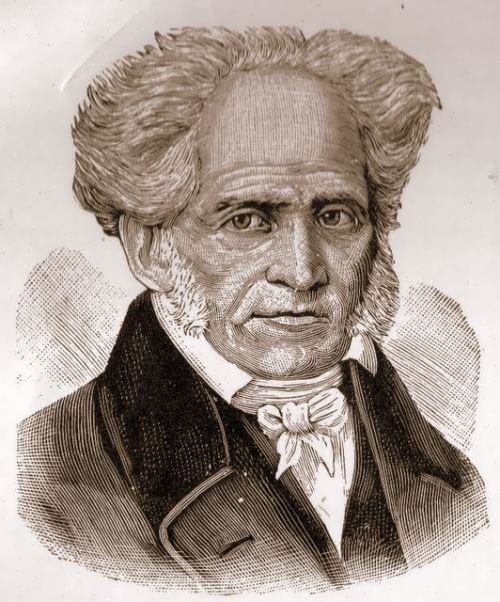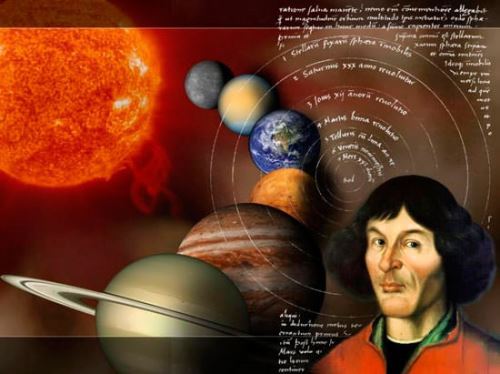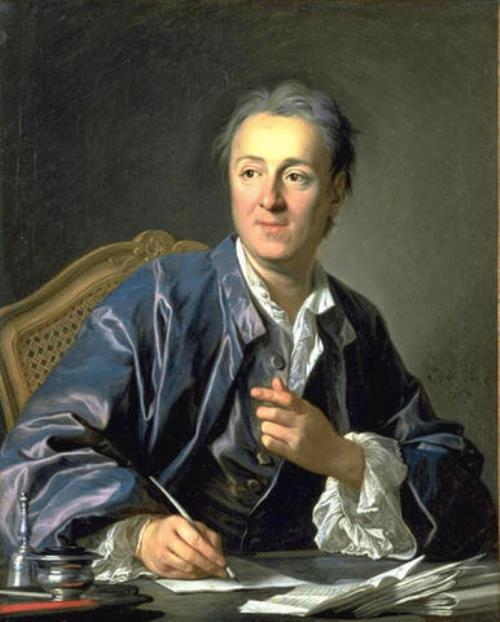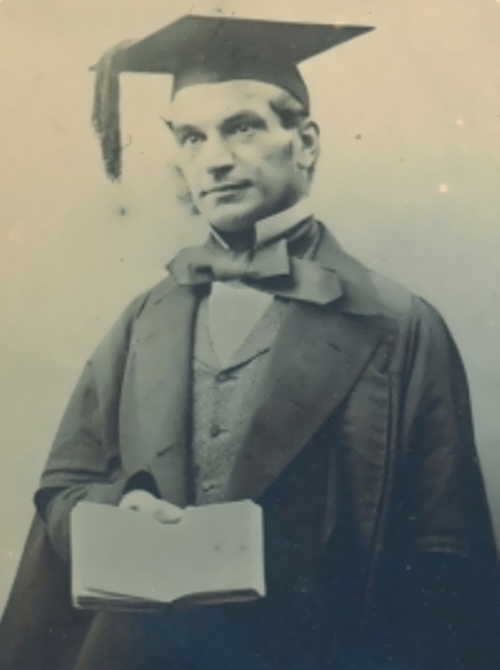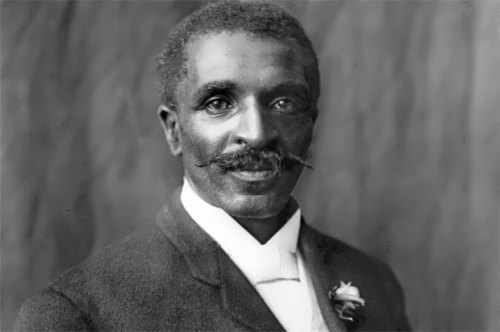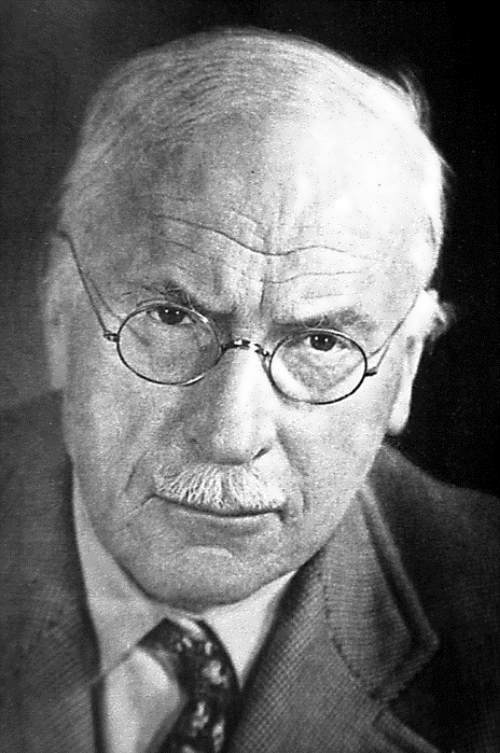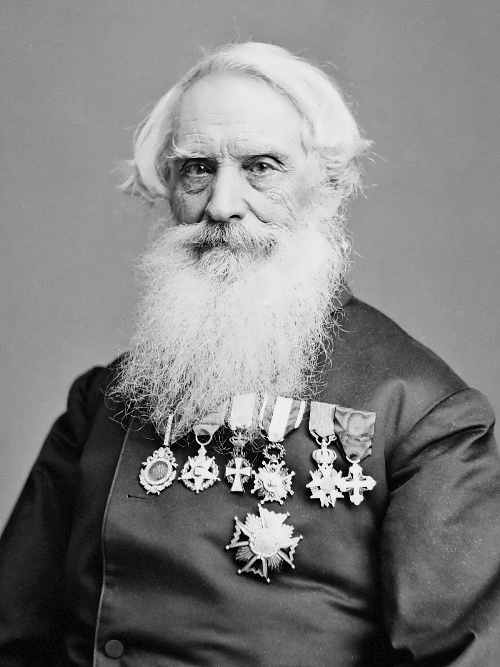Arthur Schopenhauer – German philosopher
Arthur Schopenhauer was a German philosopher. He was one of the most famous thinkers and misanthrope. He was fond of mysticism, highly appreciated the main works of Immanuel Kant, calling them “the most important phenomenon in philosophy for two thousand years”, appreciated the philosophical ideas of Buddhism, Epictetus, Cicero and others. He criticized his contemporaries Hegel and Fichte. He called the existing world “the worst of all possible worlds”, for which he earned the nickname “the philosopher of pessimism”. His main philosophical work is The World as Will and Idea (1818). His work influenced many well-known thinkers, including Friedrich Nietzsche, Richard Wagner, Ludwig Wittgenstein, Erwin Schrödinger, Albert Einstein, Sigmund Freud, Otto Rank, Carl Jung, Leo Tolstoy, and Jorge Luis Borges.
Arthur Schopenhauer was born on February 22, 1788 in Danzig. When Schopenhauer was 5, Danzig, formerly a free mercantile city, was annexed by Poland. As a consequence, his family moved to Hamburg, Germany.
Schopenhauer studied mostly the sciences and medicine but eventually turned to philosophy.
His passion for philosophy led him to the University of Berlin.
More »
